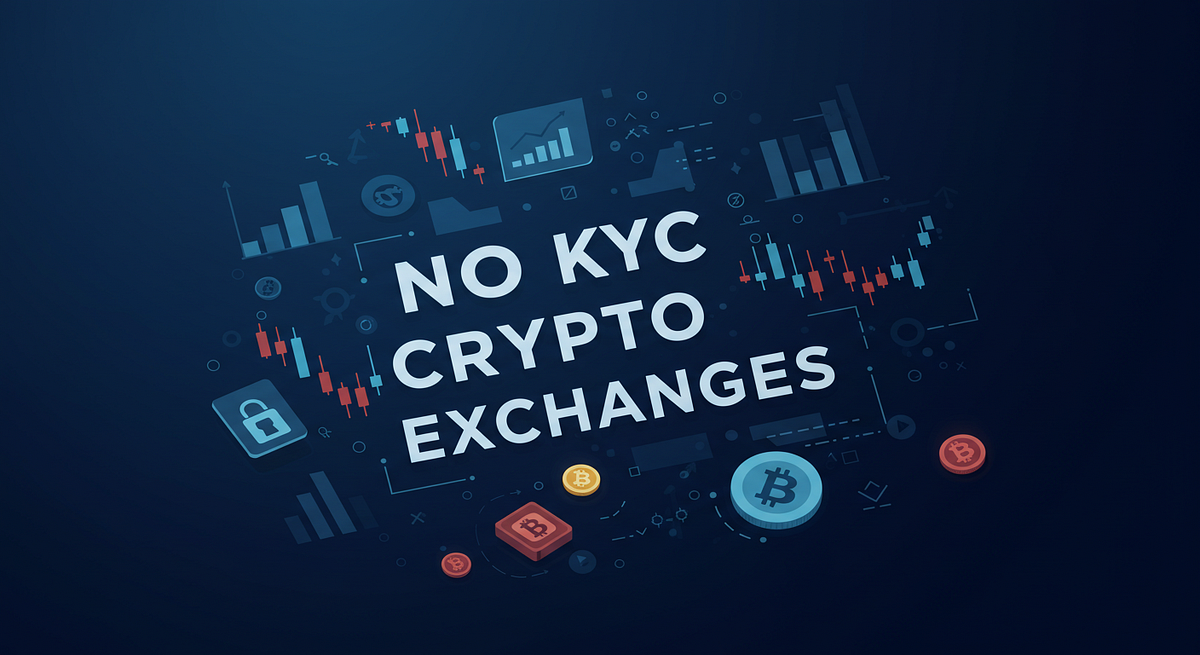P2P trading (peer-to-peer) is not a new concept. It existed long before the emergence of centralized exchanges. However, in the context of modern control, sanctions, and censorship, interest in direct exchange of assets between people without intermediaries is growing rapidly.
Today, more and more users are looking for alternatives to centralized platforms that require documents, KYC, and bank links. Against this backdrop, Anonymous cryptocurrency exchange has emerged — an exchange that has completely reimagined the P2P model. This marks the beginning of a new era of free trade, protected privacy, and absolute independence.

Anonymous is not just another crypto exchange. It is a remote, anonymous, and decentralized trading platform that allows users to exchange digital assets directly, without the involvement of third parties and without disclosing personal data.
The main focus is on confidentiality, P2P functionality, and global accessibility.
Here, you are not asked for your name, you are not asked to upload documents, and users from “undesirable” countries are not blocked. Instead, you manage your assets yourself, create deals, and choose your partners. Everything is fast, secure, and without intermediaries.
Unlike centralized exchanges, where all trading goes through an exchange account, in the P2P model, users trade directly with other users. But Anonymous has a number of key differences that make the platform particularly attractive:
Thus, P2P trading here becomes truly transparent, but without compromising privacy.
Any user can place an offer to buy or sell a specific cryptocurrency at their own price. The ad specifies:
Another user browses the available ads and selects the most suitable one in terms of price, volume, and reputation of the seller/buyer.
Before the transaction begins, the platform blocks the tokens on the smart contract. This guarantees that if the user pays, they will receive the asset. This mechanism eliminates fraud and makes the system self-sufficient — without the need for a centralized arbitration service.
After receiving confirmation of payment/transfer, the asset is automatically sent to the buyer. The entire process takes from a few minutes to an hour, depending on the parties involved.
To avoid fraud and increase trust, the Anonymous system implements a reputation model:
At the same time, no personal data is disclosed. Reputation is built solely on actions in the blockchain and feedback from other users. This makes the system self-regulating and resistant to manipulation.
Without arbitrators or moderators, everything is based on smart contracts and asset locking technology. Also:
This makes the system autonomous and scalable, unlike centralized P2P services that require support.
Anonymous is not just a platform for P2P exchange. It is a symbol of a new crypto philosophy where trust, transparency, and freedom are valued. There are no intermediaries, but there is security. There are no forms or passports, but there is protection. There is no control, but there is a system that works.
This exchange is the choice of those who are not willing to put up with censorship and restrictions, who want to manage their assets freely and according to the rules of the blockchain, not banks.